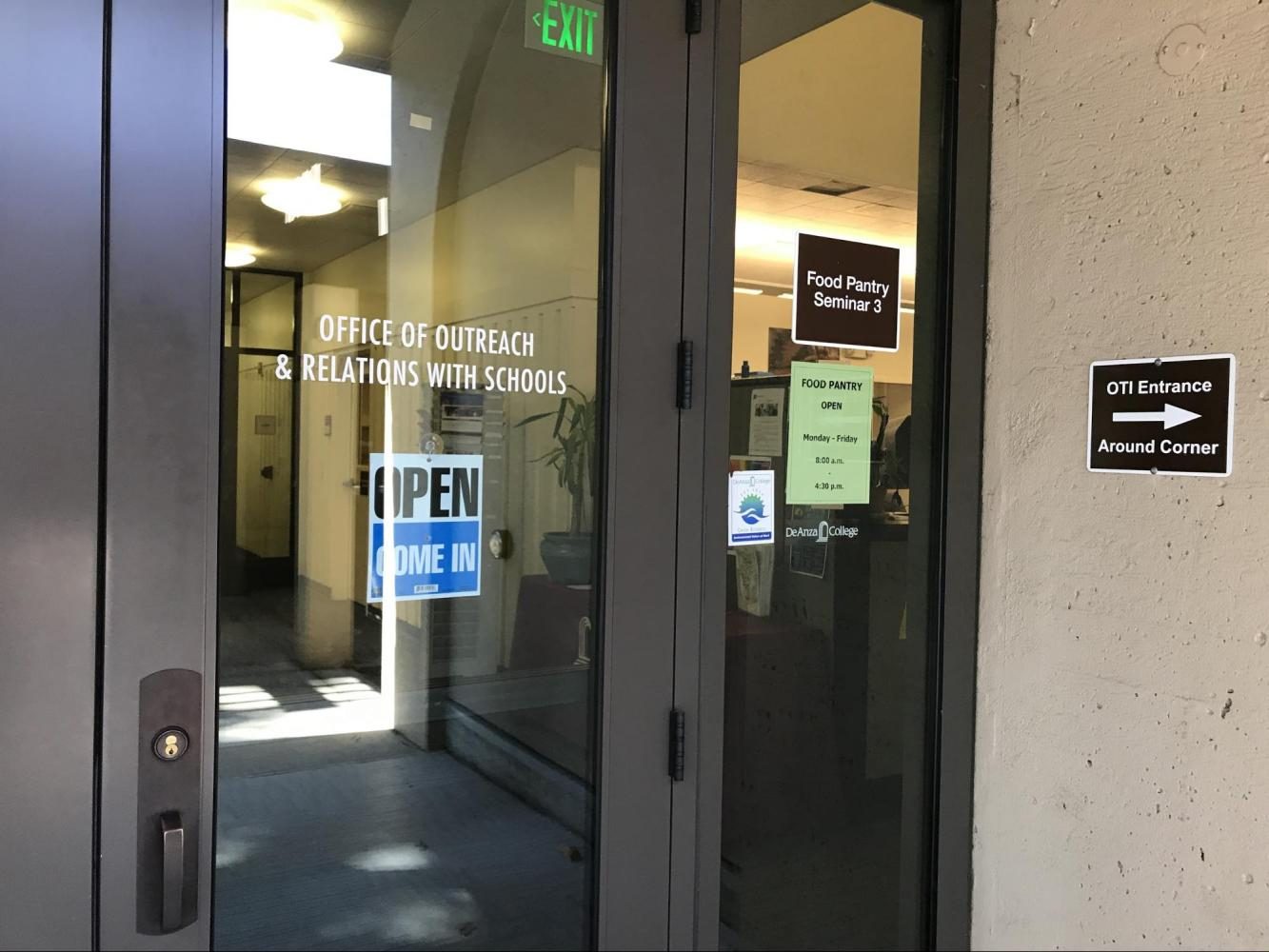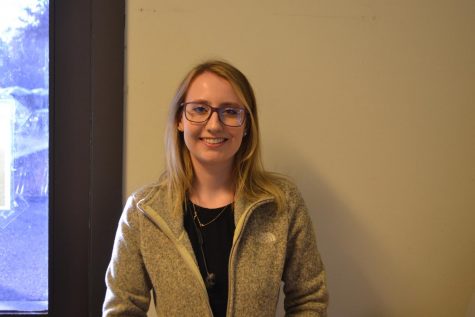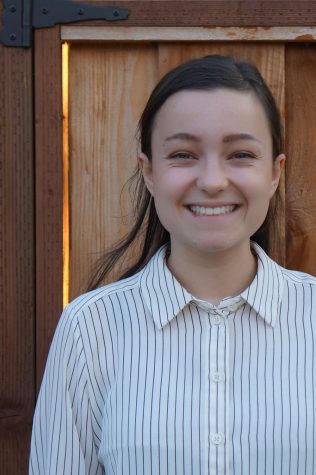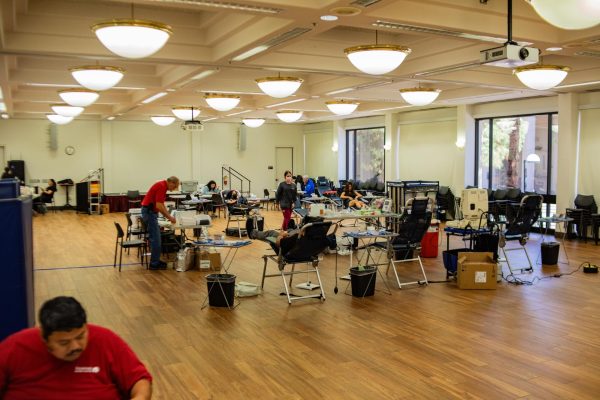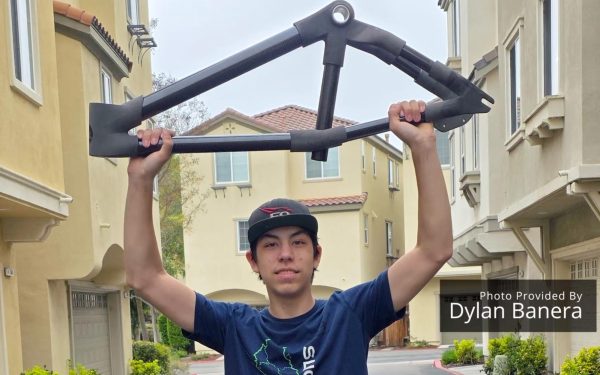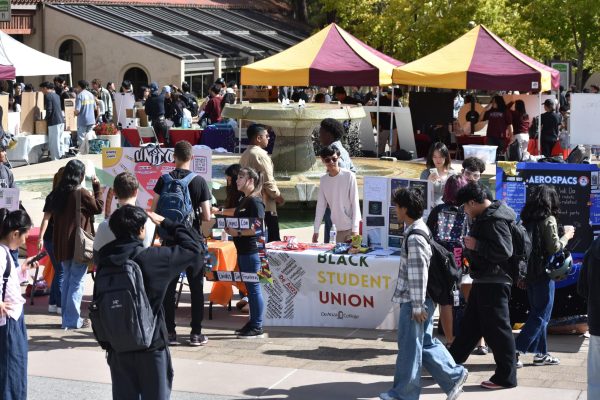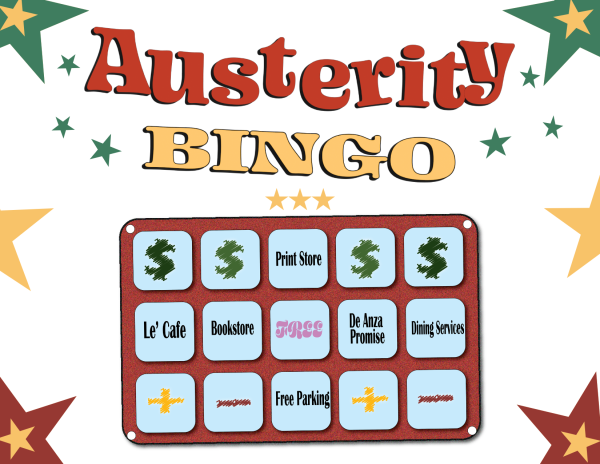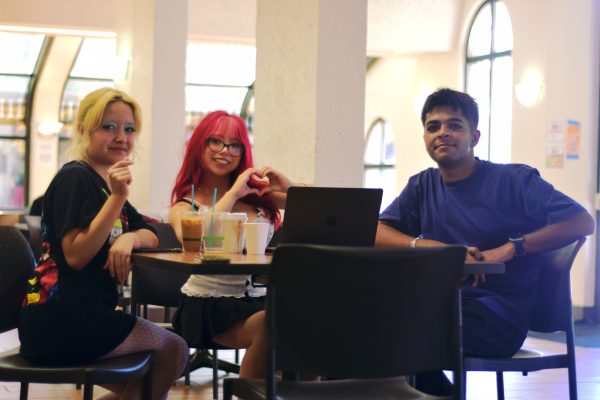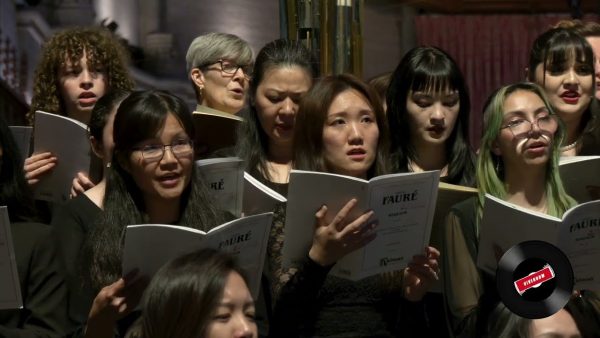Food pantry closure leaves families looking for aid
The food pantry located in Seminar 3 in the SEM Building
March 28, 2020
De Anza College’s food pantry closed March 17, following the closure of campus due to COVID-19 concerns and state orders.
The campus will remain closed throughout the spring quarter, which makes resources that some families rely on, including the food pantry, harder to access.
Those who used the food pantry regularly will have to find other resources for food.
On March 16, the last day that the food pantry was open, Erika Flores, the food pantry program coordinator said every item of food was given out. If they had left over food, it would have been donated.
“We fully recognize that as a program that delivers a basic need to students, the need does not disappear and we have to do as much as we can to continue to help meet that need in uncertain times,” Flores said.
Flores said many students do not actually live in Cupertino and recommends finding other agencies in neighboring communities. Some of these agencies, including Salvation Army and West Valley Community Services, are listed on the De Anza website, separated by city.
Shannon Martin, 23, economics major said her family is feeling more pressure than usual because her job has been put on hold and she doesn’t know how long this quarantine will last, leaving her concerned about how her family will be able to afford necessities.
With these concerns, Martin said there are other options for her family to receive help.
“The other resources we could go to are church or religious food banks, or we can rely on our other family members in the area who are maybe better prepared than us,” she said.
Martin’s worries reflect the realities that families who depend on access to the pantry’s resources are facing.
Because of this added stress, Brezdan Dunnigan, 23, social science major, said this is a time where the community needs to support each other.
“I would tell families who are struggling right now that they are not alone,” said Dunnigan. “I think we shouldn’t forget how important community still is even when we can’t necessarily see each other in the community.”



